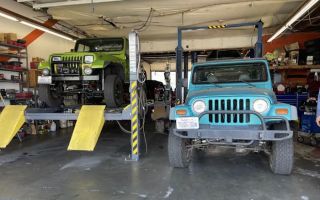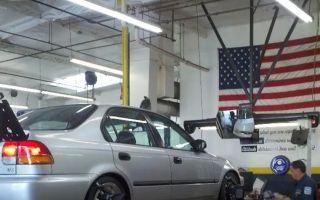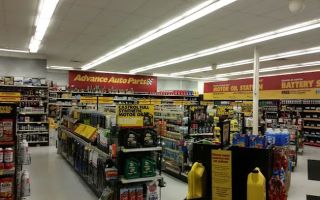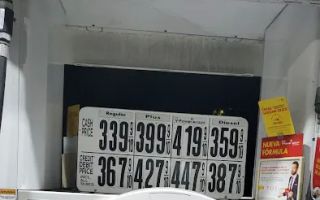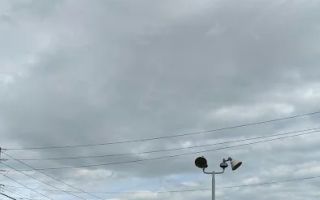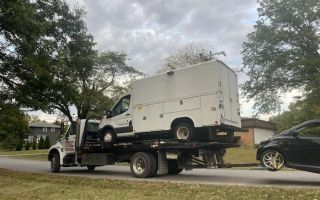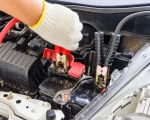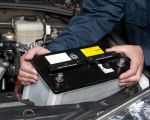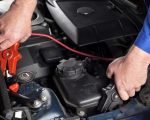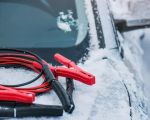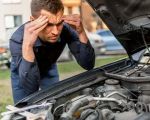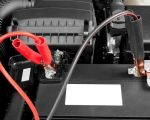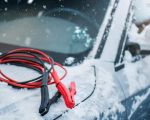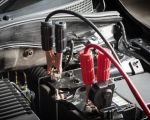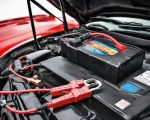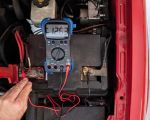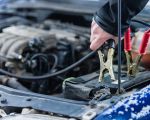How Do I Know If the Alternator or Battery Is the Issue?
- Understanding the Alternator and Battery
- Signs of Battery Issues
- Signs of Alternator Failure
- How to Diagnose Battery vs. Alternator Issues
- Real-Life Cases of Car Breakdowns
- Rescue and Towing Services
1. Understanding the Alternator and Battery
Before diving into troubleshooting, it's important to understand the roles of the alternator and battery in your vehicle. Both parts are critical to your car's electrical system, but they serve different purposes.
The battery is responsible for starting your car by providing the initial electrical power to the starter motor. It also powers essential electrical components like lights, the radio, and the AC when the engine is off. However, the battery’s main job is to provide that burst of power when you turn the key or press the start button.
The alternator, on the other hand, works once the engine is running. Its primary role is to charge the battery and power the car’s electrical system while the engine is on. It generates electricity by converting mechanical energy from the engine’s rotation into electrical energy, which is then stored in the battery and used to power electrical components.
2. Signs of Battery Issues
If your car is having trouble starting, the first thing to check is the battery. A dying battery is one of the most common causes of electrical problems in cars, and its symptoms can vary from mild to severe.
- Car Won’t Start: The most obvious sign is when your car refuses to start, and you hear a clicking sound when turning the key. This could indicate that the battery is dead or too weak to provide the necessary power.
- Dim Lights: If your headlights or dashboard lights are dim or flickering, this could mean the battery isn’t providing sufficient voltage to power the electrical system.
- Slow Cranking: If the engine turns over very slowly when you try to start your car, it’s likely that the battery is low on charge.
- Warning Light: Many cars will illuminate a “check battery” or “battery charge” light on the dashboard if the battery is malfunctioning.
If you notice any of these signs, it may be time to replace the battery, or at least have it checked at an auto shop.
3. Signs of Alternator Failure
Alternator failure is often more gradual, and it can lead to more severe electrical issues over time. When the alternator starts to fail, it’s not able to properly charge the battery or supply enough power to the car’s systems. Here are the most common signs of alternator issues:
- Warning Lights: Just like with a battery issue, a malfunctioning alternator often triggers a warning light on the dashboard, such as the "ALT" or "GEN" light. This indicates the alternator is not functioning correctly.
- Flickering or Dim Lights: If your headlights or interior lights become dim, flicker, or lose brightness when you accelerate or decelerate, the alternator may not be supplying enough power.
- Dead Battery: If your car’s battery is dead even though it’s relatively new, the alternator may not be charging it properly. A failing alternator can prevent the battery from recharging, leading to repeated dead battery issues.
- Strange Noises: A malfunctioning alternator may produce a whining or grinding noise. This is often caused by worn bearings inside the alternator.
- Electrical Failures: If your car starts to experience electrical issues, such as power windows not working or the radio shutting off, it may be a sign of alternator trouble.
In many cases, if the alternator fails, the car will continue to run for a short period, but it will eventually stall once the battery’s charge is used up.
4. How to Diagnose Battery vs. Alternator Issues
If you’re unsure whether your car’s issue lies with the battery or the alternator, there are a few simple tests you can do to help diagnose the problem:
- Test the Battery Voltage: You can use a multimeter to check the voltage of your battery. A fully charged battery should read around 12.6 volts. If the voltage is significantly lower, the battery may be the issue.
- Check the Alternator: Start the car and measure the battery voltage again. If the alternator is working correctly, the voltage should increase to around 13.8 to 14.4 volts as the alternator charges the battery. If the voltage stays the same or decreases, the alternator might be faulty.
- Jump-Start Test: If the battery is dead, try jump-starting the car. If the car runs for a short while but dies again once the jumper cables are removed, the alternator might not be charging the battery properly.
Performing these checks can give you a better idea of whether the problem is with the battery or the alternator. However, for a more accurate diagnosis, it’s always best to visit a trusted mechanic.
5. Real-Life Cases of Car Breakdowns
Many drivers have experienced the stress of a car breakdown, especially when it’s unclear whether the problem is with the battery or the alternator. One such case involved a customer who was stranded on the side of the highway late at night. They had recently replaced the battery, but the car wouldn’t start again. Upon closer inspection by a towing service, it was discovered that the alternator was faulty and unable to recharge the battery. With the help of a professional towing service, the customer was able to get the car to a nearby mechanic, where the alternator was replaced and the issue was resolved.
This is just one example of how a proper diagnosis and timely towing service can save you from further headaches and costly repairs.
6. Rescue and Towing Services
If you’re facing a breakdown due to a faulty battery or alternator, it’s important to know that help is available. At Rescue & Towing, we specialize in quick and reliable roadside assistance. Our professional team can diagnose your car’s issue, offer a jump start if needed, and tow your vehicle to a trusted mechanic for further repairs. We understand the urgency of the situation and aim to provide fast, efficient service to get you back on the road as soon as possible.
Don’t let a dead battery or failing alternator ruin your day. Reach out to Rescue & Towing for expert towing services that you can count on, 24/7.


